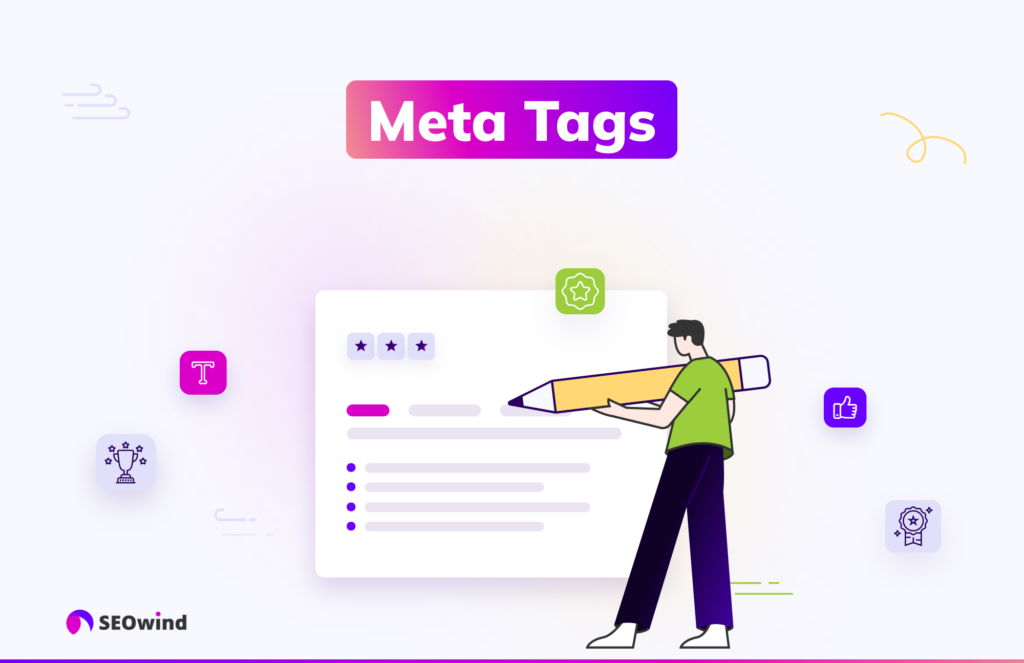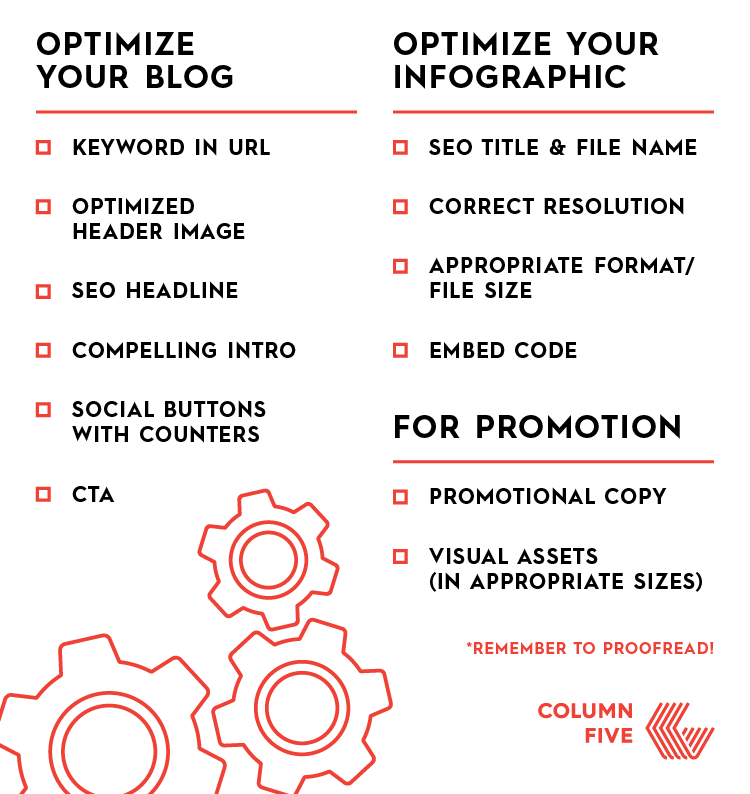Unlock the secrets of Meta Tags and revolutionize your SEO game with these expert tips for maximum optimization success.

Image courtesy of via DALL-E 3
Table of Contents
Introduction to Meta Tags
When it comes to making your website visible on the internet, there’s a lot that goes on behind the scenes. One essential part of this process is using something called meta tags. But what are meta tags, and why do they matter? Let’s find out!
What Are Meta Tags?
Think of meta tags as tiny snippets of code that live within your website’s HTML. These little bits of information give important details about your webpage to search engines like Google, Bing, or Yahoo. They might seem small, but they play a big role in helping search engines understand what your site is all about.
Why Are Meta Tags Important?
Meta tags are crucial because they serve as a way to communicate with search engines. By including relevant information in your meta tags, you’re helping search engines grasp the content and purpose of your webpage. This, in turn, can make it easier for people to find your site when they search for related topics online.
Different Types of Meta Tags
When it comes to optimizing your website for search engines, understanding the different types of meta tags is crucial. These small bits of code provide valuable information to search engines about your webpage, helping them categorize and display it in search results effectively. Let’s explore some of the common types of meta tags used in SEO:
Title Tag
The title tag is one of the most important meta tags for SEO. It appears as the clickable headline in search engine results, making it vital for attracting clicks. A well-crafted title tag should be descriptive, include relevant keywords, and accurately reflect the content of the webpage.
Description Tag
The description tag serves as a summary of the webpage’s content. While it doesn’t directly impact search rankings, a compelling meta description can entice users to click on your link. It should be concise, engaging, and provide a clear overview of what visitors can expect on the page.
Keywords Tag
The keywords tag was once a crucial meta tag for SEO, as it allowed webmasters to specify relevant keywords for their pages. However, search engines have evolved, and this tag is now given less weight in ranking algorithms. It’s still good practice to include relevant keywords, but focus more on quality content and user experience.
Viewport Tag
In the age of mobile devices, the viewport tag is essential for ensuring a website is mobile-friendly. This meta tag tells the browser how to adjust the page’s dimensions and scaling to fit different screen sizes. By using the viewport tag, webmasters can provide a better user experience for mobile visitors.
How to Write Effective Meta Tags
When it comes to writing effective meta tags, starting with the title tag is crucial. A title tag is like the headline of your webpage that appears in search engine results. To make your title tag stand out and attract users, be sure to include your primary keywords. These are the words or phrases that best describe the content of your page. For example, if your webpage is about healthy recipes, make sure to include keywords like “healthy recipes,” “nutritious meals,” or “cooking tips” in your title tag.

Image courtesy of via Google Images
Crafting Meta Descriptions
In addition to the title tag, the meta description plays a key role in enticing users to click on your link. A meta description is a brief summary of what your webpage offers. It should be engaging, concise, and provide a glimpse of what users can expect when they click through. When crafting your meta description, make sure to accurately describe the content of your page and include a call to action if possible. This can be something like “Discover delicious and easy-to-make healthy recipes now!” to encourage users to visit your site.
Common Mistakes to Avoid
In the world of SEO optimization, meta tags can be powerful tools to improve the visibility of your website. However, there are common mistakes that many people make when using meta tags that can actually have a negative impact on your site’s search engine ranking. Let’s take a look at two of these key mistakes to avoid:
Overstuffing Keywords
One of the most common mistakes people make with meta tags is overstuffing them with keywords. While it might seem like a good idea to include as many keywords as possible to attract search engines, this tactic can actually backfire. When search engines see an excessive amount of keywords in your meta tags, they may view your site as spammy and penalize it in the rankings. Instead, focus on using relevant keywords that accurately reflect the content of your webpage in a natural and meaningful way.
Duplicating Tags
Another mistake to avoid is duplicating meta tags across multiple pages on your website. Each page on your site should have unique meta tags that accurately describe the content of that specific page. When you use the same meta tags for multiple pages, you miss out on the opportunity to provide valuable information to search engines about the unique content on each page. This can result in lower rankings and decreased visibility for your site. Take the time to craft individualized meta tags for each page to maximize your SEO efforts.
How Meta Tags Affect SEO
Meta tags play a crucial role in enticing users to click on your website link when it appears in search results. A well-crafted meta description provides a concise summary of your webpage’s content, giving users a sneak peek of what to expect. Similarly, a descriptive title tag acts as the clickable headline, showcasing the relevance of your page to a user’s search query. By creating engaging and informative meta tags, you can increase your click-through rates and drive more traffic to your site.

Image courtesy of via Google Images
Helping Search Engines
Meta tags not only benefit human users but also assist search engines in understanding and indexing your content effectively. Search engine algorithms rely on meta tags to comprehend the context and relevance of your web pages to specific search queries. By providing accurate and descriptive meta tags, you make it easier for search engines to crawl and rank your site, ultimately improving your visibility in search results. In essence, meta tags act as valuable signposts that guide both users and search engines to your website.
Tools to Help with Meta Tags
Online meta tag generators are handy tools that can automatically create meta tags for your website based on the information you provide. These tools make it easy for beginners to generate meta tags without having to delve into the technicalities of coding. Popular meta tag generators include Meta Tag Generator by SEO Centro, Meta Tags by Neil Patel, and Meta Tag Generator by SEOptimer.
SEO Analysis Tools
SEO analysis tools are essential for evaluating the effectiveness of your meta tags and overall SEO strategy. These tools analyze your meta tags and provide suggestions for improvement to boost your website’s visibility in search engine results. Some widely used SEO analysis tools include SEMrush, Moz Pro, and Ahrefs. These tools can help you analyze your meta tags, keywords, and other SEO elements to optimize your website for better search engine rankings.
Examples of Good Meta Tags
One example of a good title tag for a webpage about healthy recipes could be: “Delicious and Nutritious Healthy Recipes | Easy Meal Ideas”. This title tag is effective because it includes primary keywords like “healthy recipes” and “easy meal ideas,” providing a clear and concise description of the content on the page. It also entices users to click by promising delicious and nutritious recipes.
Image courtesy of via Google Images
Strong Meta Descriptions
For the same webpage about healthy recipes, a strong meta description could read: “Discover a variety of healthy and easy-to-make recipes that will tantalize your taste buds and nourish your body. From quick meals to gourmet dishes, find the perfect recipe for every occasion.” This meta description is compelling because it gives a glimpse of what the webpage offers, uses descriptive language, and encourages users to learn more by clicking.
Want to turn these SEO insights into real results? Seorocket is an all-in-one AI SEO solution that uses the power of AI to analyze your competition and craft high-ranking content.
Seorocket offers a suite of powerful tools, including a Keyword Researcher to find the most profitable keywords, an AI Writer to generate unique and Google-friendly content, and an Automatic Publisher to schedule and publish your content directly to your website. Plus, you’ll get real-time performance tracking so you can see exactly what’s working and make adjustments as needed.
Stop just reading about SEO – take action with Seorocket and skyrocket your search rankings today. Sign up for a free trial and see the difference Seorocket can make for your website!
Frequently Asked Questions (FAQs)
What Happens If I Don’t Use Meta Tags?
Meta tags play a crucial role in helping search engines understand the content of your website. If you neglect to use meta tags, search engines may struggle to accurately index your site, potentially leading to decreased visibility in search results. In essence, meta tags serve as a roadmap for search engines, guiding them to your website’s relevant information. Therefore, omitting meta tags could result in your website not appearing as prominently in search engine results, making it harder for users to find your site.
How Often Should I Update My Meta Tags?
It’s important to regularly update your meta tags to ensure they accurately reflect the content of your website. If your site undergoes significant changes or if your SEO strategy evolves, updating your meta tags is essential to maintain relevance and optimize search engine visibility. Additionally, refreshing your meta tags periodically can help align your website with current SEO best practices, improving your site’s overall performance in search results. By periodically reviewing and updating your meta tags, you can ensure that your website remains competitive and effectively communicates its content to search engines.







